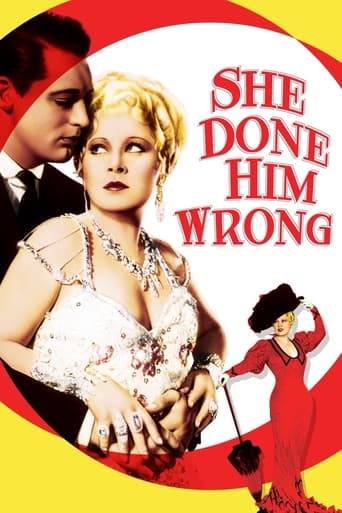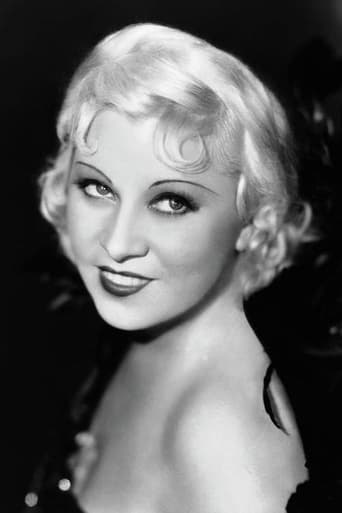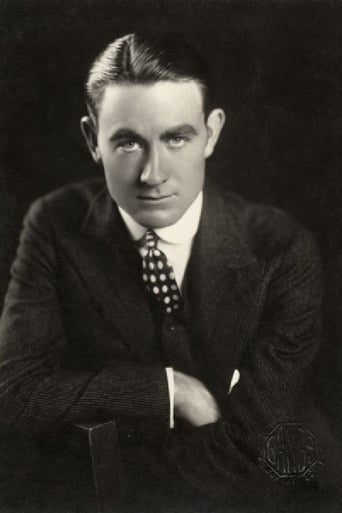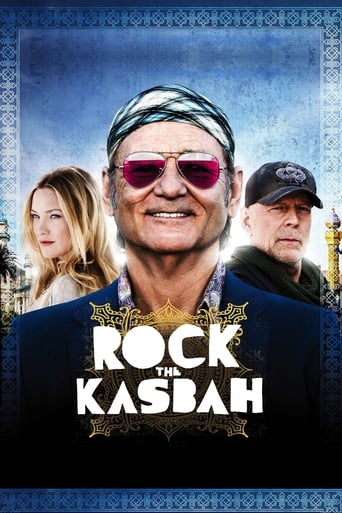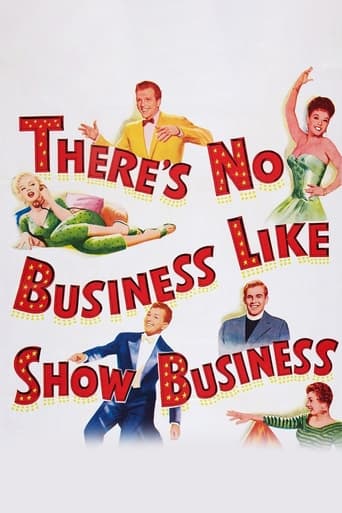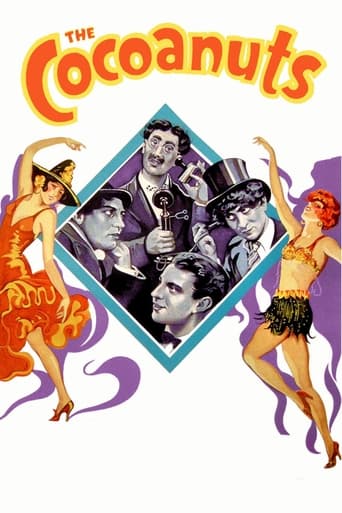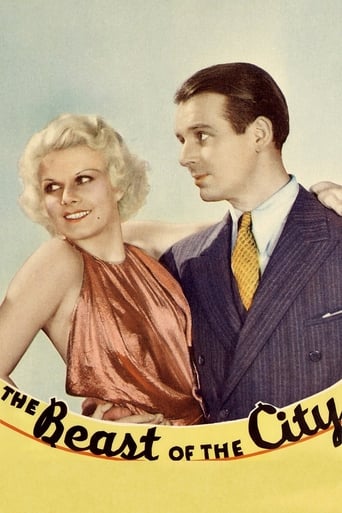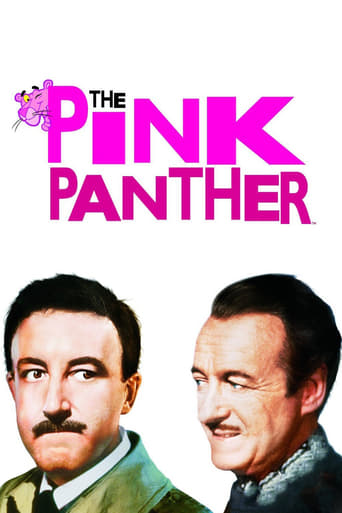She Done Him Wrong (1933)
New York singer and nightclub owner Lady Lou has more men friends than you can imagine. One of them is a vicious criminal who’s escaped and is on the way to see “his” girl, not realising she hasn’t exactly been faithful in his absence. Help is at hand in the form of young Captain Cummings, a local temperance league leader.
Watch Trailer
Cast


Similar titles
Reviews
Director: LOWELL SHERMAN. Screenplay: Mae West, Harvey Thew, John Bright. Based on the stage play Diamond Lil by Mae West. Photography: Charles Lang. Film editor: Alexander Hall. Art director: Robert Usher. Costumes designed by Edith Head. Songs by Ralph Rainger (music) and Leo Robin (lyrics). Choreography: Harold Hecht. Stills: Woody Bredell, Eugene Richee. Assistant director: James Dugan. Producer: William LeBaron. Runs only 66 minutes. NOTES: Nominated for Hollywood's most prestigious award for Best Film, "She Done Him Wrong" was passed over in favor of "Cavalcade".For an outlay of only $200,000, this movie earned a marvelous initial rentals gross of $2.2 million on the domestic market alone, placing it in sixth position for the year. (Another West vehicle, "I'm No Angel", was third).COMMENT: Surely the most famous invitation in the whole history of the movies is Mae West's "Come up and see me sometime!" (as it is usually slightly misquoted). I've heard this line quoted in other movies, I've seen it emblazoned across advertising bill-boards, I've read it again and again in books, and I've listened to its use time after time as a popular catch-cry. It's been repeated so often in fact in so many ways among so many people, it's become a household phrase, part of the language, an intrinsic euphemism in everyday speech. The only other words of screen dialogue that have come anywhere near it in popularity are Clint Eastwood's challenging "Go ahead, make my day!"As for the movie itself, it is every bit as delightful today as it was on first release, way back in 1933, just as the Great Depression was starting to bite!
In 1890s New York, saloon singer Lady Lou (Mae West) is attracted to a reformer (Cary Grant) while dealing with many suitors and a psychotic escaped convict (a memorably creepy Owen Moore). This is often called Mae West's best movie. It's a vanity project full of people complimenting her. If there was even the slightest hint West was poking fun at herself I would like this much more. As it is, it's a watchable but pedestrian comedy. Mae spouts one-liners and oozes what I think is supposed to be sex appeal. If you find her attractive, more power to you. Some of her lines are amusing. Mae sings a few songs but they're terrible. Her voice, or lack thereof, is the pits. Obviously she has a lot of fans so this will hold more appeal for them than it did for me. One of Cary Grant's earliest big roles. Also a very weird performance from Owen Moore. Worth seeing to check off your list if you're a film buff.
Those who don't Understand the Appeal of Mae West don't Understand what the Appeal is. Her Character is just more than that, it is a Caricature, a Cartoonish Whimsy of Womanhood. She is the Embodiment of Sexuality with a Body that is Constructed with Broad Lines and Exaggeration. Not a Classic Beauty. She is a Singing Sensation who doesn't Sing Very Well, but it is what She Sings ABOUT that is the Attraction. She is All Swagger and Sway, a Bawdy, Gaudy, Gal with a Libido on Full Display and a Heart of Gold.Nothing about Her is Remotely Real and has Little to do with a Real Woman. She is a Fantasy, for the Male and the Female. An Uninhibited Sexpot that's Ready and Wiiling for the Men and an Unbridled, Free Spirit for the Women. This Movie is Full of Mae West Quotes that have become a Part of Popular Culture. To set the Record Straight the most Famous is also the most Misrepresented. It is Often said..."Come up and see me sometime." But the Actual Quote is..."Come up sometime, and see me." When Quoted Accurately, there is a Big Difference. She is Offering a Peek and the Inaccurate Quote is just an Invitation to Visit.The Movie has quite a Few other Interesting Things going on that, along with the Famous Sexual Innuendos and Double Entendres, there is White Slavery, Counterfeiting, a Killer that is not put on Trial, an Almost Fetish Photography of Beer, Nudie Trading Cards, a Bare Breasted Painting that Hangs over the Free Lunch Counter, the Black Maid is Nicknamed "Eight-Ball", and more.The Movie was Sighted as a Major Reason by the Production Code as a Moral Imperative to Extinguish such Corrupting Influences, it saved Paramount Studios from Bankruptcy, Made Mae West a Star and a Star Maker who Insisted on an Unknown Cary Grant to Play Opposite.Overall it is a Short, Racy, but not Raunchy, Slice of Pre-Code Fun.
This film was a title featured in the book 1001 Movies You Must See Before You Die, it was one that I remembered well, but I didn't know anything about the plot, but the two leading stars were appealing and the critics were generous about it, so I was intrigued. Basically , set in New York in the 1890's, in the Bowery bar room saloon works bawdy singer Lady Lou (Mae West), besides her boss and benefactor Gus Jordan (Noah Beery) who showers her diamonds, she has many men friends, she does not realise Gus prostitutes women, is in a counterfeiting ring, and gets women in San Francisco to pickpocket, and he has been working alongside Russian Rita (Rafaela Ottiano) and her lover Sergei Stanieff (Gilbert Roland). Dan Flynn (David Landau) spends a lot of his time hinting that Gus is up to no good, she meanwhile has been leading the boss on and only hints at possibly returning to him, but he loses his patience and says he'd rather see her put in jail if she doesn't submit to him, and meanwhile next door a thinly disguised city mission, looking like a Salvation Army, sees young director Captain Cummings (Cary Grant), an undercover Federal agent trying to expose the crime of Guy. Lou is warned that her former vicious criminal boyfriend Chick Clark (Owen Moore) thinks that she has been disloyal to him since he was imprisoned, he threatens her that if she has double-crossed or two-timed her he will kill her, but she insists that she has not done anything, but he later escapes the prison and goes to the bar to strangle, but cannot come to harm her, and she promises to leave him later in the evening. A fight breaks out between Lou and Rita, which ends up with the criminal woman being killed by her, the body is supposedly disposed, and after a series of events during a song the police expose themselves to shut down the criminal activities, Cummings comes to the rescue of Lou during the gunfire and fighting, and although she has done some wrong herself she is not taken in a police vehicle, but in a horse and carriage, he tells she doesn't belong in jail, when he says "You bad girl", she replies "You'll find out". Also starring Gilbert Roland as Serge Stanieff and Dewey Robinson as Spider Kane. West is in the modern world perhaps considered a camp icon, but with roles like she plays in this, being "no angel" with some elegance and perhaps misguided sex appeal, young Grant proves himself capable of playing second fiddle to her, and this certainly boosted his career much more and led to the many more well known collaborations and titles. I will admit that I found some of the film plot and story hard to follow, and it did seem a bit of an odd length, just over one hour long, but most of what I can remember was amusing enough, and with the likable leading stars and their characters it is certainly a watchable comedy film. It was nominated the Oscar for Best Picture. "Why don't you come up sometime and see me?" was number 26 on 100 Years, 100 Quotes, and Mae West was number 15 on 100 Years, 100 Stars - Women, and it was number 75 on 100 Years, 100 Laughs. Good!

